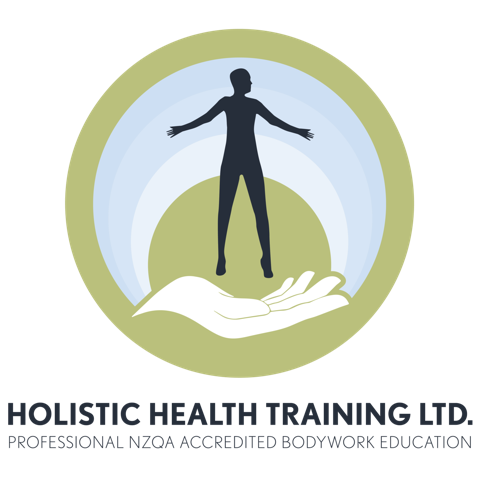HHt Ltd
Te Tiriti o Waitangi.
Holistic Health Training Ltd has a commitment to Te Tiriti which recognises the Crown’s obligations to Māori under the Treaty of Waitangi, our founding document. Cultural sensitivity and holism inform all aspects of content and delivery in our programmes. The key principles of Holistic Pulsing, one of our cornerstone modalities, uses the acronym MARS; Mindfulness, Acceptance, Respectfulness and Self-Responsibility. These ideals are inherent in our teaching.
This means that as an organisation, and as individual tutors, we will act in a way which embraces diversity and is welcoming to people from all cultures, particularly Māori and Pasifika. We acknowledge that there are at present structural barriers within education that may prevent some people from participating, and we will work to mitigate these in our programme content and delivery.
As an organisation, we model difference. Our tutor cohort comprises multiple ethnicities; we are four Pakeha, three English, one Scottish, one Māori and one Brazilian. Our ages are represented in every decade from the 20s to the 70s. We do not have any gender diversity within the organisation at present.
We are fortunate to have an experienced consultant to work with on this journey. Tamsin Blundell has a Diploma in Te Reo, which she gained during a 2-year total immersion programme at Te Wanaga O Raukawa, Otaki. She is a member of an online cooperative enquiry group that promotes awareness of Te Tiriti and participates in decolonisation activities.
HHT manifests an authentic, rather than token, commitment to Te Tiriti via the following policies, some of which are in place, others are in development.
Our tutors are encouraged to use Te Reo in an authentic and appropriate way in teaching. Commonly used terms are integrated into language – simple words that are widely recognised, such as “kia ora”, “morena”, “kai”, “whanau”, “wharepaku”, “korero”, “hauora”, “mirimiri”, and “ora”.
Tutors who are comfortable with Te Reo have a karakia at the start and end of workshops and may use waiata to close sessions.
Anatomy & Physiology (Distance Learning) is a new language for everyone – principally Greek and Latin-derived terms. The use of Te Reo is not applicable here. However, in the video presentations that support the programme, the opening sequence is offered as a mihimihi in Te Reo.
At hands-on trainings (Massage and Holistic Pulsing) all students are given the opportunity to offer their mihi, pepeha, or whakapapa – to talk about themselves, where they are from, their links to place and ancestors, and their journey – and are listened to respectfully. Recognition of cultural diversity and sensitivity to cultural difference is embedded in intake procedures taught to students training to be therapists. For example, in our Holistic Massage programme, one of the four “cornerstones” of safety that we emphasise is Cultural Safety.
Upskilling in bicultural awareness for tutors via attendance at Te Tiriti workshops or marae visits is currently encouraged and supported financially by the organisation. This will become a requirement in 2024, as part of the contract renewal process, and for new tutors.
As a lead-in to the above requirement, at our next scheduled company retreat in November 2023, our mentor Peta Joyce will run an introductory workshop on cultural sensitivity and a Māori model of health, in association with our consultant Tamsin.
A concrete and practical commitment to Te Tiriti is in preparation. HHT in 2024 will introduce three scholarships, to be awarded annually, to Māori and/or Pasifika students. These scholarships will enable successful applicants to undertake the Holistic Massage programme, and assist with set up costs such as the purchase of a massage table, to the value of $2,000.00 each. Details about the implementation of these scholarships is in progress.
